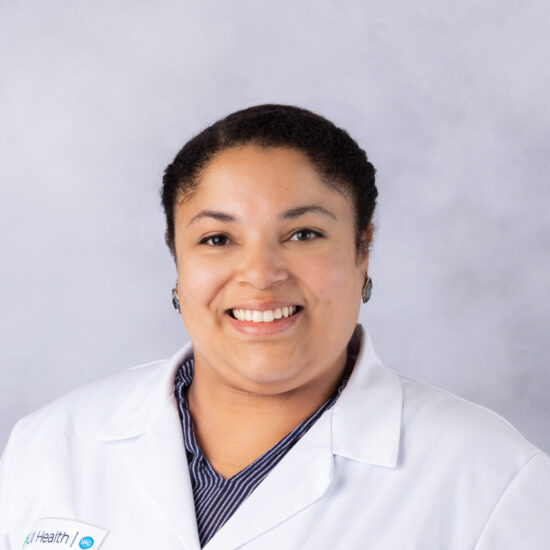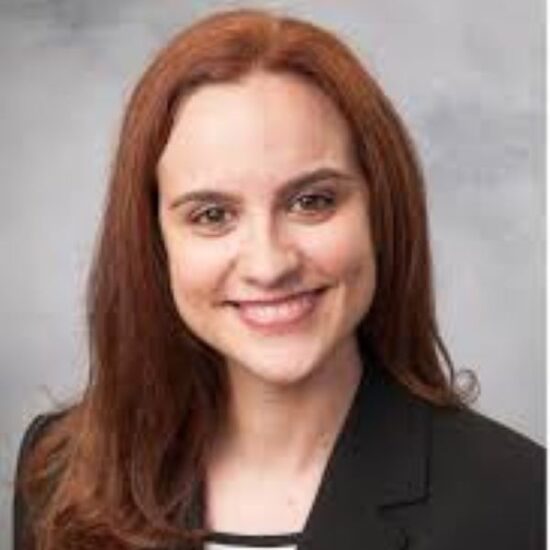Leaders for Local Change
Goal/Mission statement Heading link
The Leaders for Local Change is a longitudinal certificate program for aspiring urban health leaders seeking to improve access to care by strategically addressing prominent health disparities facing the patient population at UI health. By the end of the program, each participant will develop, implement, and advocate for innovative sustainable change to improve healthcare delivery and increase health literacy locally.
Curriculum Heading link
The longitudinal curriculum will include monthly noon meetings with fellow track participants to explore prominent health disparities stemming from: structural violence, immigration status, disability, sexual and gender identity differences, substance use, reproductive health injustice, mental illness, natural and human-made disasters, and incarceration. The focal point of the track is the development or strengthening of a mentored scholarly project, a community health project, or an advocacy activity. By the end of their residency, participants will be expected to present their work at a program-wide track meeting or grand rounds.
Program Objectives Heading link
By the end of their final year of residency, participants will:
- Identify prominent health issues and disparities affecting the patient population at UI Health,
- Explore innovative efforts led by community health champions and clinicians to address social determinants and contextual factors of health through monthly lectures and workshops,
- Discover ways clinicians can engage in advocacy for patients in low resource communities,
- Design and implement initiatives to alleviate barriers to access to quality care.
Learner Objectives Heading link
By the end of the track, over the following 3 phases Preparatory (PGY-1), Implementation (PGY-2), Synthesis and Dissemination (PGY-3 (MP 3-4), participants will be able to:
Phase I
- Identify an area of interest and a goal (community service project, scholarly activity, advocacy) to address a barrier to access to care,
- Recognize individual skillset required for a scholarly project (qualitative, quantitative, previous experiences, public speaking, patient education, writing, design, technological (coding, geomapping)),
- Leverage UIC resources and faculty expertise to support community project development,
- Conceptualize a project that will be completed within the timeframe of their residency training,
Phase II
- Identify a concrete product/project change that will positively impact the UI Health community and identify a specific project mentor,
- Some examples: an educational series, op-ed, handouts, podcast, app, UI COM medical colloquium, website
- Demonstrate the steps in the development of a community health project and/or construct a policy brief,
- Implement the project based on a previously determined project timeline,
- Share the project with others track participants,
Phase III
- Create a plan for sustainability (pass along project to others),
- Disseminate your findings via presentation and/or a written report.


